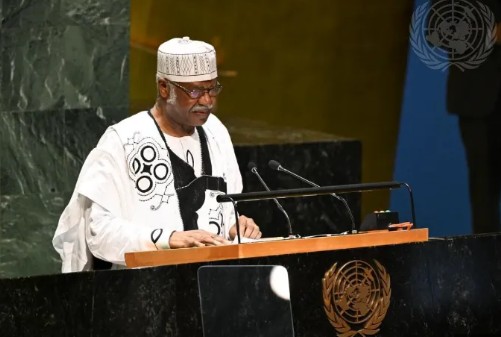New York: UN General Assembly President Philemon Yang expressed concern about the increasing hostilities between India and Pakistan and called for both countries to exercise maximum restraint and pursue immediate de-escalation. In his statement shared on X, he strongly condemned all terrorist attacks, especially those targeting civilians and civilian infrastructure. Yang emphasized that dialogue and diplomatic negotiations, in accordance with the UN Charter and international law, are the only means to resolve disagreements and foster enduring peace.
His remarks follow India’s recent military operations targeting terrorist facilities in Pakistan and Pakistan-occupied Kashmir (PoJK) under ‘Operation Sindoor,’ launched on Wednesday in response to the April 22 terror attack in Pahalgam. The strikes, a coordinated assault by the Indian Army, Navy, and Air Force lasting from 1:05 am to 1:30 am, targeted nine terror camps based on credible intelligence—four inside Pakistan and five in PoJK.
During a briefing in Delhi, officials outlined the operation’s objectives and detailed the destruction of terror camps linked to groups like Lashkar-e-Taiba, Jaish-e-Mohammed, and Hizbul Mujahideen. The destroyed camps include Bahawalpur, Muridke, Sarjal, and Mehmoona Joya inside Pakistan. Wing Commander Vyomika Singh stated that the operation was a justified and proportionate response to the tragic Pahalgam attack, aiming to deliver justice for the victims.
Additionally, India responded to recent unprovoked small-arms and artillery fire from Pakistan across the LoC in sectors such as Kupwara, Baramulla, Uri, and Akhnoor, in areas opposite the same sectors where Pakistani forces engaged during the night of May 7 and 8.
Following the Pahalgam incident, Pakistan’s firing across the LoC has escalated tensions, prompting India to respond adequately, in accordance with international standards.
